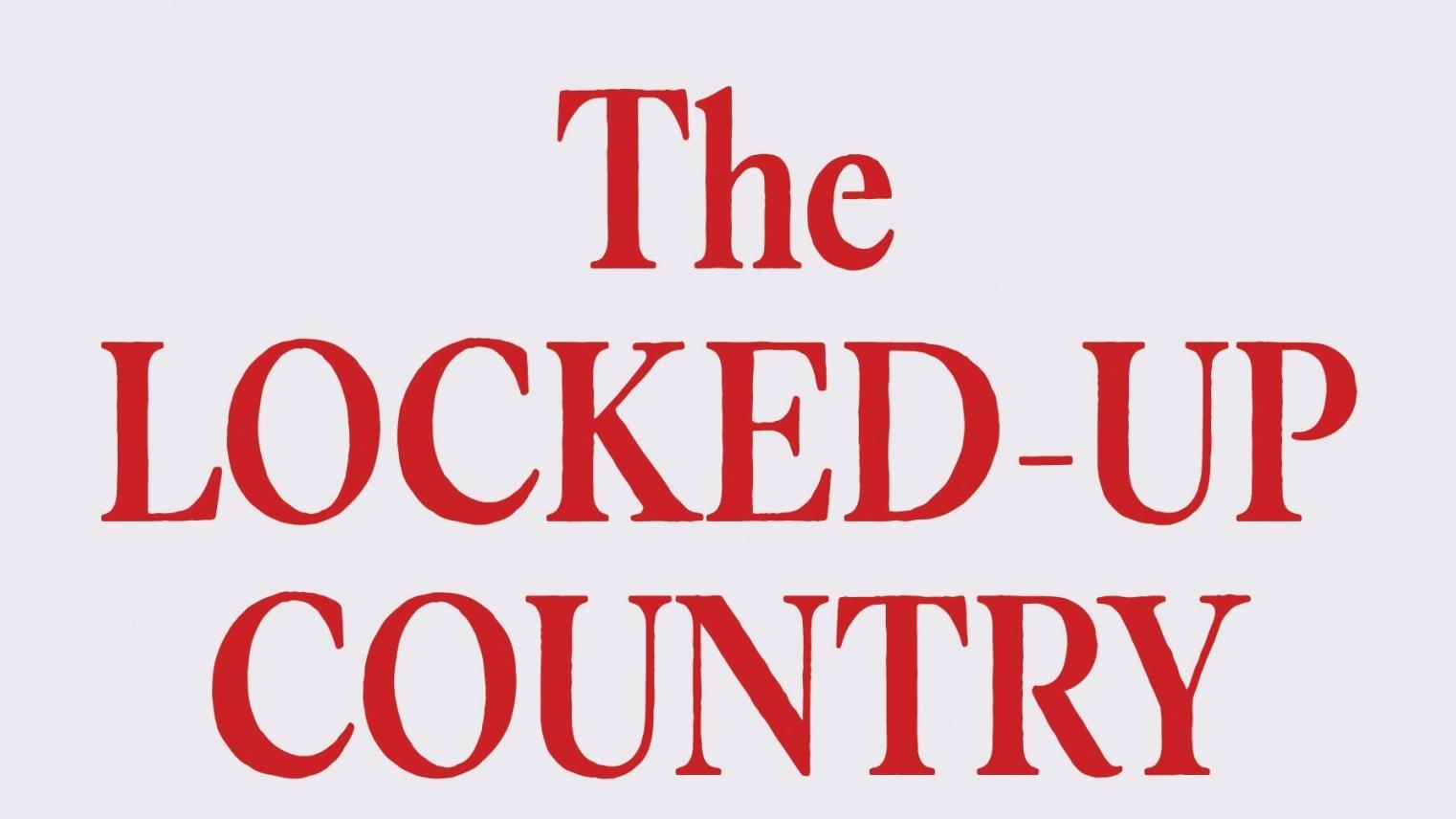In The Locked-up Country, political experts Tom Chodor and Shahar Hameiri identify the source of Australia’s recent challenges and suggest a better way forward.
Donald Horne famously called Australia ‘the lucky country’. So how did we become the locked-up country and how might the future look different?Australia has changed enormously since Horne’s 1960s, but its response to the COVID-19 pandemic demonstrates the enduring truth of his thesis that our ‘luck’ was undeserved and wouldn’t last. By closing its borders and imposing a nationally coordinated lockdown, Australia unexpectedly eliminated COVID-19 in 2020, achieving one of the world’s lowest excess mortality rates.
But as governments proceeded to bungle key planks of the pandemic response, by mid-2021, Australia was ‘locked up’ – closed off to the world and fragmented along state and territory borders, with its major cities enduring repeated and extended lockdowns. It soon became clear that Australia’s regulatory state had let us down. But these failures were not inevitable, and we can manage future crises more successfully.
About the speakers
Professor Shahar Hameiri teaches in the School of Political Science and International Studies at the University of Queensland. Professor Hameiri is a political economist with diverse research interests, traversing the fields of security, development and aid, governance, political geography and international relations. He is particularly interested in understanding the evolving nature of statehood and political agency under conditions of globalisation. My work focuses on Asia and the Pacific. He has written extensively on rising powers (specifically China), security governance, statebuilding, non-traditional security, risk and risk management, regional governance and Australian development and security policy. He was recently awarded an Australian Research Council Future Fellowship (2021-25) to examine emerging competition over international development financing projects in Asia and the Pacific
Professor Tom Chodor is a Senior Lecturer in Politics and International Relations in the School of Social Sciences. His research interests are in the areas of International Political Economy, International Relations and global governance. In particular, he is interested in how governance institutions at the domestic, regional and global levels promote market governance models, and the contestation around them by coalitions of social forces in civil society. In his previous research, he explored these themes in the Latin American context, in relation to the ‘Pink Tide’ leftist governments, as well as in relation to global crime governance and its relationship to development.
Dr Kelly Gerard is a Senior Lecturer in the School of Social Sciences at the University of Western Australia. Her research focuses on the political economy of aid and development policy. Kelly is an ARC Discovery Early Career Research Award recipient and an Endeavour Cheung Kong Award recipient. Her PhD was awarded in 2013 and she completed postdoctoral training at the Asia Research Centre, Murdoch University, and the Southeast Asia Research Centre, City University of Hong Kong. Her work has been published in Review of International Political Economy, The Pacific Review, and Globalizations, among others. Kelly has written for New Mandala, Disruptive Asia, and the East Asia Forum, and in 2017 she delivered the conference keynote for the ASEAN Forum.
If you require accessibility accommodations or a visitor Personal Emergency Evacuation Plan please contact the event organiser.
